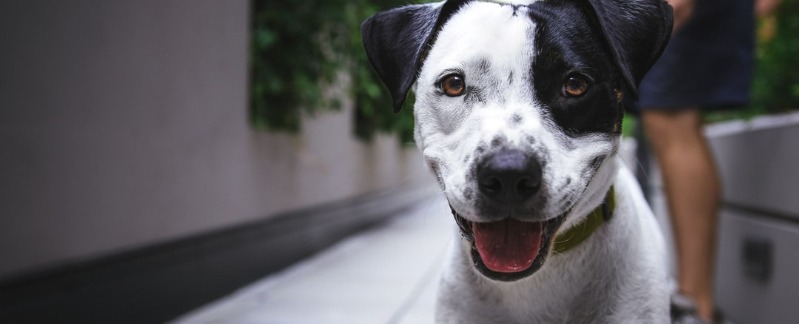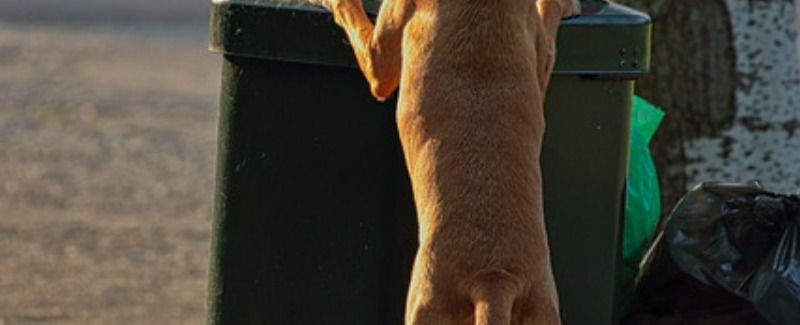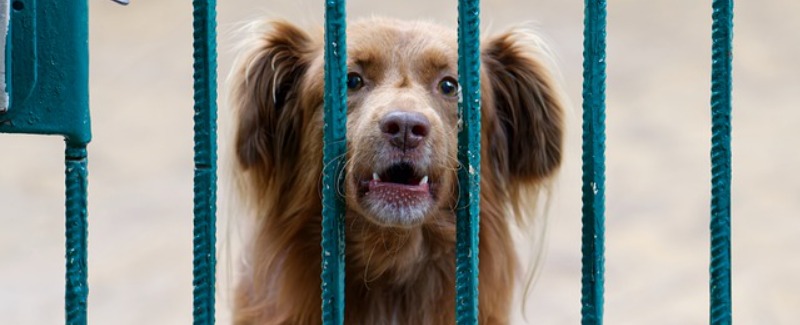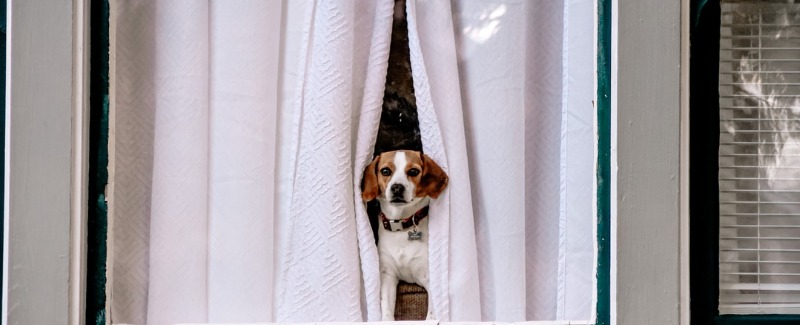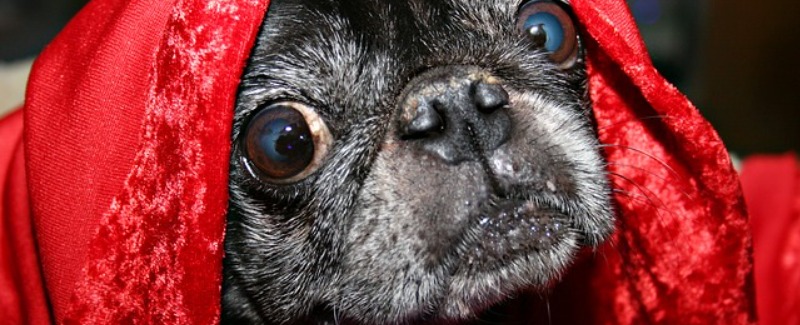Even the best dogs make occasional mistakes, or have momentary lapses in judgment. Sometimes their mistakes stem from following their natural instincts, but just as often, misbehavior has been reinforced in some way.
Nature or Nurture?
Dogs are naturally curious and thoroughly explore their surroundings, usually with their noses first, but also by sight. When something interesting appears on their sensory radar, their natural impulse is to investigate. Depending on the immediate result of the investigation, they learn to either repeat or avoid similar situations in the future.
Certain behaviors, especially those that might result in the dog getting something tasty to eat, like trash raiding and counter surfing, are especially problematic, because it only takes one success for the dog to try again and again. Since random reinforcement is the most effective way to keep a behavior strong, your dog doesn’t have to find something good very often to encourage him to keep trying.
Some dogs find certain behaviors, barking, for instance, self-reinforcing, meaning they don’t need an external reward to continue. The behavior itself becomes the reward. Or, your dog may be getting a reward from his behavior, but you just aren’t aware of it, or understand what it is, or why your dog is rewarded by it. The reward might just be in your dog’s mind because he’s associated his action with something else that happened at the same time.
Whether or not his behavior had any effect on the outcome in reality is irrelevant, because in his mind he caused it. Barking at the mailman, for example, is a classic case of incorrect association of behavior to consequence. The mailman comes and goes every day, but in your dog’s mind, he drives the mailman away every day, and is quite pleased with himself for a job well done.
He Knows He Did Something Wrong!
Dogs have a few basic ways to relieve stress, with biting, chewing, and vocalizing high on the list. It’s not surprising that those are often the first activities they turn to in times of frustration, anxiety, or boredom. What is often surprising, especially to new dog owners, is the extent to which some dogs will express themselves in these ways. After-the-fact punishments don’t help because they make the dog more anxious, leading to more stress relief, followed by more anxiety… Well, you can see where this is going.
A lot of people truly believe that their dogs know they did something wrong when they chewed up the sofa cushion or raided the trash because the dog looked or acted guilty when they came home, sometimes even before the damage was discovered. The truth is, the dog knows the visible results of his binge will make you angry, but he doesn’t connect the displeasure with his action unless you do. His guilty look is a way of appeasing you before you get mad.
Some dogs will even do their damage to relieve their own stress over the anticipation of their owner’s anger. If you insist on setting your dog up to repeat his mistakes, it’s an interesting experiment to set up a video camera to see when the destruction occurs and the attitude of your dog when he does it.

